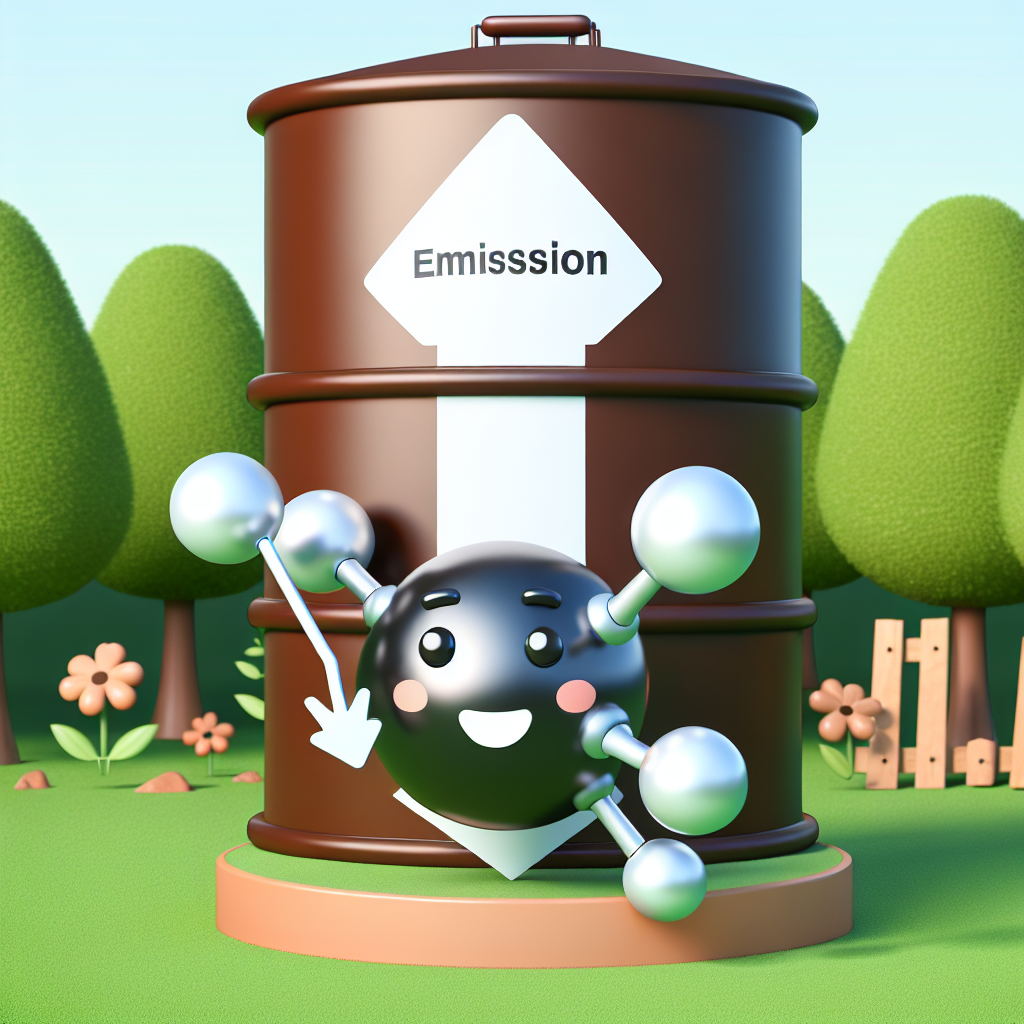Escalating Methane Emissions from Tropical Wetlands Threaten to Derail Climate Goals
Tropical wetlands are releasing record levels of methane, challenging global climate efforts. Studies link this surge to rising temperatures and increased precipitation, particularly in the Congo and Amazon regions. Scientists emphasize urgent action is needed to mitigate these emissions and adhere to climate targets.

Tropical wetlands are producing unprecedented amounts of methane, posing significant challenges to achieving global climate goals, new research indicates. The surge in methane, unaccounted for in many national emissions plans, has prompted calls for drastic cuts in fossil fuel and agriculture emissions.
The acceleration in methane release is attributed to rising global temperatures, which enhance biological activity, and increased rainfall leading to wetland expansion. From 2020-2022, the highest methane concentrations were recorded since the 1980s, primarily due to contributions from wetland-rich regions like the Congo and Amazon.
Scientists stress that combating this escalation is crucial for keeping global warming within the limits set by the Paris Agreement. Despite improved detection technologies, substantial methane emissions from fossil fuels persist, complicating reduction efforts. Immediate and decisive actions from governments worldwide are deemed necessary.
(With inputs from agencies.)










